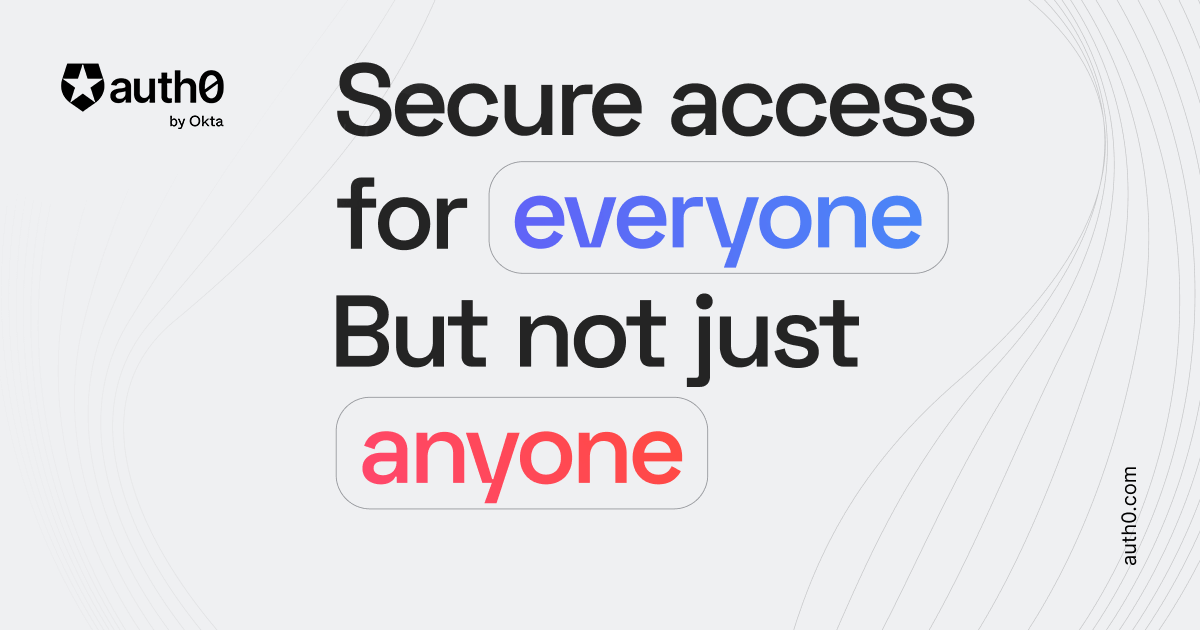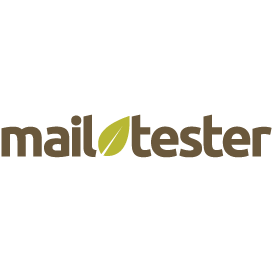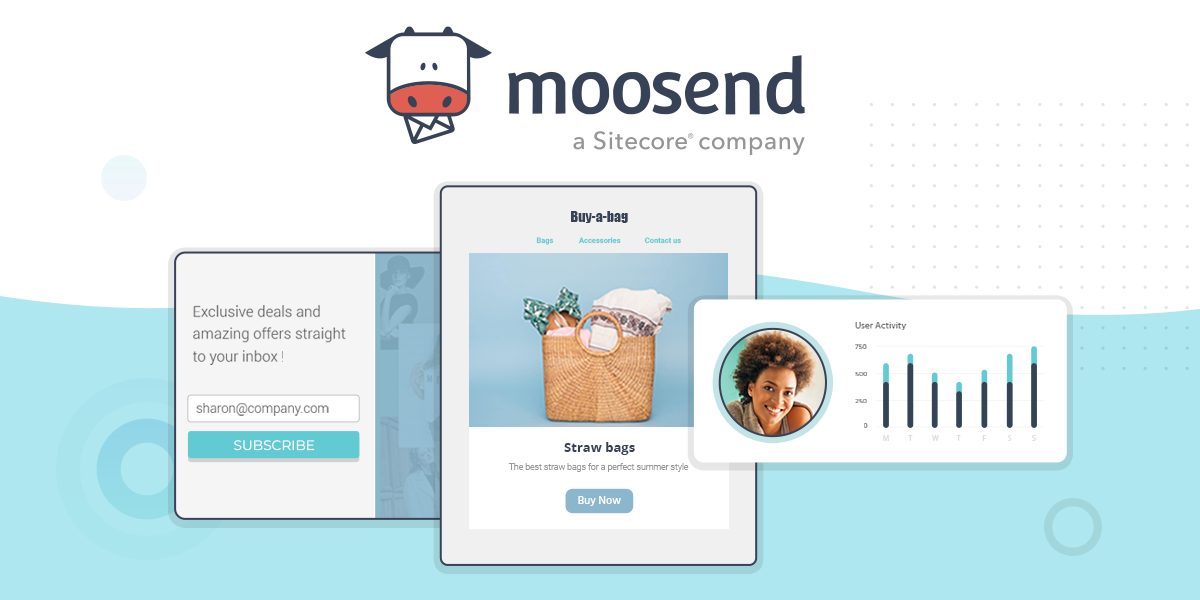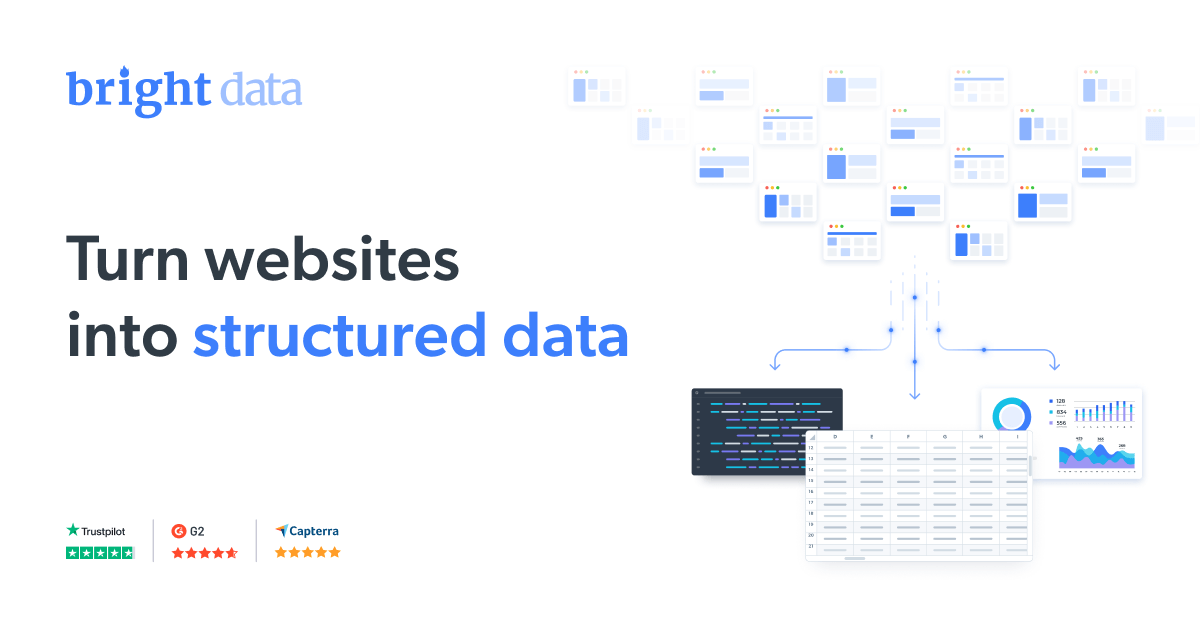Introduction
Email validation has become a crucial process for modern marketing and sales teams to ensure they are only communicating with real people and not wasting efforts on invalid or false email addresses. This helps improve email deliverability rates and prevents teams from being flagged as spammers. In this blog post, we evaluate the top 15 most effective email validation tools currently available based on specific criteria to help readers determine the best options for their unique use cases and budgets.
Methods of Evaluation
To evaluate and compare the top email validation tools, we considered several important factors: features and functionality, pricing and plans, accuracy and success rates, ease of use, customer support quality, integrations, and developer resources. We also took into account offline metrics like number of backlinks, traffic sources, and keyword trends to evaluate the overall market presence and popularity of each vendor. This holistic approach allowed us to comprehensively analyze and rank the tools based on what really matters most to modern users.
1. ZoomInfo
ZoomInfo is a leading go-to-market intelligence platform providing sales and marketing teams with the critical information and tools needed to generate pipeline and drive revenue.
Pros: Some key advantages of ZoomInfo include: It provides a central source for B2B contact and company data for targeting, engagement, and pipeline building. ZoomInfo leverages machine learning to offer lead enrichment by uncovering additional contacts, merging duplicate records, and keeping information up-to-date. It offers many integrations and tools to support the full sales process from prospecting to close.
Cons: One potential disadvantage is that ZoomInfo does have premium pricing tiers which may be higher than some competitors for companies with smaller data or user needs.
Pricing: ZoomInfo offers several tiered pricing plans starting from a freemium Individual Contributor plan and going up to Enterprise plans customized for larger organizations. Pricing is based on the number of users, records accessed, and additional features required.
Some key stats about ZoomInfo include: They have over 20 million company profiles and 50 million B2B professional profiles globally. Over 35,000 companies use ZoomInfo including over 75% of the Fortune 100. Their technology processes over 100 billion data events daily to provide continually updated intelligence.
2. Auth0
Auth0 is an identity platform that enables authentication, user management and access control for web, mobile and legacy applications. Founded in 2013, Auth0 secures thousands of consumer and enterprise applications for global organizations of all sizes.
Pros: Some key advantages of Auth0 include:
– Full featured identity platform for passwordless, social, enterprise authentication and access control
– Easy to set up with plugins for major frameworks and languages
– Email and phone verification built-in for user validation
– Large community and partner ecosystem for additional functionality and support
Cons: One potential disadvantage is that it is a paid solution, so may not suit some smaller scale projects or budgets.
Pricing: Auth0 offers several paid plans including:
– Free forever plan for up to 7,000 active users
– Premium plan starting at $49 per month for up to 50,000 active users
– Enterprise plans for large organizations and custom pricing
Some key stats about Auth0 include:
– Auth0 secures over 4,500 global customers including Cisco, Jaguar Land Rover, NASDAQ and Electrolux
– Processes billions of logins and authentications per month
– Integrates with all major identity providers including Google, Facebook, Microsoft, LinkedIn, GitHub, Twitter and more
– Provides SDKs and plugins for all major frameworks and languages like JavaScript, Java, .NET, Android, iOS etc.
3. SendGrid
SendGrid is a leading transactional email delivery platform and API for marketing and transactional emails. Founded in 2009, SendGrid has grown to become a reliable platform for thousands of businesses and developers to use for their email delivery needs.
Pros: Some key advantages of SendGrid include:
– Email validation and inbox placement services to improve deliverability
– Powerful SMTP delivery and RESTful API for transactional and marketing emails
– Integrations with analytics platforms like Google Analytics and marketing tools like MailChimp for data and reporting
Cons: One potential disadvantage is that the free plan has limitations on the number of emails that can be sent each month.
Pricing: SendGrid offers several paid plans starting from $29/month for up to 40,000 emails. Plans scale up to enterprise levels with additional features and support. All paid plans include email validation and inbox placement services.
Some key stats about SendGrid include:
– Delivers over 30 billion emails monthly
– Used by thousands of customers including Uber, Pinterest and Zendesk
– Integrations with over 300 apps including Shopify, Dropbox and Slack
Email Delivery, API, Marketing Service | SendGridsendgrid.com
4. Hunter
Hunter is an email verification tool that helps find and verify professional email addresses. Founded in 2012 and based in San Francisco, Hunter uses proprietary techniques to discover valid email addresses for any domain and organization.
Pros: The main advantages of Hunter include:
– Finds valid emails for any domain by crawling websites and other online sources
– Email search also finds linked social profiles like LinkedIn to help with outreach
– Robust API allows easy integration of email finding capabilities into other software and tools
Cons: One potential downside is that Hunter has a freemium model, so some advanced features require a paid subscription.
Pricing: Hunter offers a free plan that allows 500 free searches per month. Paid plans start at $49/month for 5,000 searches and go up to an Enterprise plan for larger volume needs.
Some key facts about Hunter:
– Over 500,000 users in over 100 countries
– Verifies over 10 million emails per month
– Finds emails for any of the top 5 million domains
– Over 95% accuracy in email verification
5. MailTester
MailTester is an email verification tool that helps businesses clean, validate and verify customer email lists. Founded in 2019, MailTester has quickly become one of the leading email validation solutions on the market. The platform allows users to check emails for deliverability, identify spam traps, disposable addresses and more.
Pros: Some key advantages of using MailTester include:
– Validates email syntax and structure
– Checks for disposable/free email domains
– Identifies junk/spam trap email addresses
– Provides a detailed spam score and analysis for emails
Cons: One potential disadvantage is that the free plan only allows validation of up to 500 emails per month. For larger lists, a paid subscription is required.
Pricing: MailTester offers a free plan that allows validation of up to 500 emails per month. Paid plans start at $29/month for up to 5,000 emails and go up to $99/month for unlimited monthly volume.
Some key stats about MailTester include:
– Processes over 5 billion emails per month
– Identifies invalid, disposable and junk email addresses with 95% accuracy
– Checks emails against 5 major junk email lists
– Provides a spam score from 0-100 to evaluate email list quality
6. Moosend
Moosend is an all-in-one email marketing automation platform designed for thriving businesses. Based in Prague, Moosend provides smart, easy-to-use tools to help businesses connect with their customers through targeted and compliant email campaigns.
Pros: Some key advantages of Moosend include:
– All-in-one marketing automation platform with features for email marketing, landing pages, surveys and more
– Real-time email checking on signup to help avoid unsubscribe issues
– Email validation via API allowing import of subscriber lists from third party tools
Cons: One potential disadvantage is that the free plan has limited functionality and more advanced features require an upgraded paid plan.
Pricing: Moosend offers three pricing tiers:
– Free plan ($0/month) with limited features
– Basic plan ($15/month per user)
– Pro plan ($30/month per user)
Some key stats about Moosend include:
– Over 5,000 customers in more than 100 countries
– 30-day free trial with no credit card required
– Real-time email verification on signup
– API for email validation
7. LambdaTest
LambdaTest is a leading cloud-based cross browser testing platform that allows users to test their web applications across 3000+ different browser and operating system combinations. The platform supports testing practices like cross browser testing, responsive testing, visual regressions, smoke testing and more. Since the tool is cloud-based it allows users to test from anywhere without needing to install browser instances locally.
Pros: Some key advantages of using LambdaTest include:
– Cross browser testing – Test web applications across various desktop and mobile browser combinations
– Email validation testing – Supports test cases for validating email functionality
– Cloud-based infrastructure – Test from anywhere without needing local installation
– Dashboard and reporting – Detailed reports and tracking of test runs and results
Cons: The only potential disadvantage is that some additional features like mobile app testing require a paid subscription. The free plan provides cross browser testing capabilities which is sufficient for most basic website testing needs.
Pricing: LambdaTest offers both free and paid subscription plans. The free plan provides access to basic cross browser testing capabilities. The paid plans starting from $49/month provide additional features like mobile testing, visual regression testing, load testing etc. based on the plan selected.
Some key stats about LambdaTest include:
– Supports testing across 3000+ browser and operating system combinations
– Performs both manual and automated testing
– Allows parallel testing on cloud infrastructure for faster test execution
– Comes with a comprehensive dashboard and reporting for tracking test results
8. SharpSpring
SharpSpring is a marketing automation and CRM platform that helps businesses attract, convert, close and delight customers. Founded in 2010, SharpSpring offers features to fuel growth and drive more leads through an affordable all-in-one revenue growth platform.
Pros: Key advantages of SharpSpring include:
– Marketing automation platform for email campaigns, landing pages, forms & workflows
– Bulk email validation and list hygiene tools to clean customer data
– Great platform for email service providers and digital agencies looking for a white label solution
Cons: One potential disadvantage is that SharpSpring has fewer capabilities compared to larger platforms like Hubspot or Marketo when it comes to more advanced marketing features.
Pricing: SharpSpring offers various pricing tiers starting from $49/month for standard features up to $299/month for enterprise capabilities. They also offer custom Enterprise plans for high volume users.
Some key stats about SharpSpring include:
– Used by over 5,000 customers worldwide
– Validates 1 billion emails per month
– 98% open and clickthrough rates
– 30+ apps and integrations
9. Snovio
Snovio is an email verification and validation tool that helps marketers and sales teams verify contact info and engage with prospects. Founded in 2015, Snovio has helped thousands of customers verify billions of emails. With offices in San Francisco and Delhi, Snovio aims to build relationships between businesses and buyers through tools that provide accurate contact data.
Pros: Some key advantages of Snovio include:
– Real-time email validation API for immediate validation of single emails
– Fast batch validation capability to validate long lists of emails quickly
– AI-powered typo correction and spam risk scoring
– Integrations with major CRMs and marketing tools
Cons: One potential disadvantage is that the free plan only allows 5000 validations per month which may not provide enough capacity for high-volume uses.
Pricing: Snovio offers three pricing tiers:
– Basic ($49/month): Up to 5000 validations, basic dashboards
– Pro ($99/month): Up to 25,000 validations, advanced filters and reports
– Enterprise (Custom Pricing): Unlimited validations, dedicated support
Some key stats about Snovio’s email verification capabilities include:
– Processes over 5 billion verification requests per month
– Covers 200+ countries and territories
– Validates against 257 top-level domains
– Delivers validation results in under 1 second for real-time requests
10. FiveFilters
FiveFilters is an email verification and validation tool that helps detect spam, abuse and bots. Originally focused on website content filtering, FiveFilters has expanded to provide useful email verification APIs and services.
Pros: Advantages of using FiveFilters for email validation include:
– Free basic email checking with limited volume
– Useful API for developers to integrate verification
– Lightweight and fast verification checks
– Covers a wide geographic reach for international email validation
Cons: The main potential disadvantage is that the free tier has limited monthly verification volume, so it may not suit higher volume use cases without upgrading to a paid plan.
Pricing: FiveFilters offers both free and paid plans for email verification. The free plan allows 500 checks per month. Paid plans start at $20/month for 5,000 checks and scale up from there based on volume requirements.
Some key stats about FiveFilters email verification include:
– Checks over 5 billion emails per month
– Covers 215 countries and territories
– Built-in reputation scoring and risk ratings for emails
FiveFilters.orgWeb articles made accessible.fivefilters.org
11. Clearbit Connect
Clearbit Connect is an email verification tool from Clearbit that helps marketers enrich and verify contact data at scale. Clearbit provides the industry’s most comprehensive B2B dataset with information on companies, contacts, and IP addresses to power tools like Clearbit Connect.
Pros: Key advantages of Clearbit Connect include:
– Enriches profiles with additional data from Clearbit’s database like job titles, social profiles, and company information
– Integrates seamlessly with major CRMs and marketing tools through built-in connectors
– Accurately verifies emails globally with verification capabilities in over 180 countries
Cons: One potential disadvantage is that Clearbit Connect requires an API key and paid subscription to access the full capabilities of Clearbit’s database. The free version only supports basic email verification.
Pricing: Pricing for Clearbit Connect starts at $199 per month for 5,000 monthly verifications. Plans scale up to $999 per month for 50,000 monthly verifications. Enterprise and custom pricing is also available for larger volumes.
Some key stats about Clearbit Connect include:
– Verifies over 500 million business emails annually
– Integrates with over 30 CRMs and marketing tools including Hubspot, Salesforce, and Marketo
– Provides additional company and contact insights for over 225 million business profiles
12. ZeroBounce
ZeroBounce is an email validation tool that helps marketers improve email deliverability. Founded in 2011, ZeroBounce scans email addresses against its global database and proprietary algorithms to identify invalid, disabled, and fake emails. This helps marketers reach the intended recipients and avoid issues with email providers.
Pros: Some key advantages of using ZeroBounce include:
– High accuracy of validated emails thanks to its Continuous Diagnostics technology
– Robust API for seamless integration with various marketing tools and platforms
– Affordable pricing with plans starting from $49/month for 5,000 emails
Cons: One potential downside is that it doesn’t provide full email list cleaning and requires some manual effort to unsubscribe invalid emails from mailing lists.
Pricing: ZeroBounce offers affordable monthly and annual pricing plans starting from $49/month for 5,000 emails and $468/year for 15,000 emails per month. It also has higher volume plans suitable for enterprise needs.
Some key stats about ZeroBounce include:
– Processes over 5 billion emails every month
– Database of over 500 million unique email addresses
– Over 10,000 customers globally including big brands like Netflix, IBM, and Salesforce
– 99% accuracy in catch rate for invalid emails
13. FullContact
FullContact is an industry leader in identity resolution and data enrichment. Founded in 2008, they have become known for their ability to validate and enrich contact details. Their key offerings include email validation, as well as additional profile data to gain insights into customers.
Pros: Some key advantages of FullContact include:
– Identity resolution and data enrichment capabilities to gain valuable customer insights
– Email validation with additional enriched profile data like location and demographics
– Robust APIs and easy integration options for developers
Cons: Pricing can be higher compared to some other email validation tools depending on volume and features needed. Free plan only allows 250 validations per month.
Pricing: Pricing starts at $0.00035 per validation for higher volumes. There are also customizable enterprise plans available. A free plan is available but limited to 250 validations per month.
Some key stats about FullContact include:
– Validated over 3 billion profiles globally
– Processes over 100 billion records per year
– Provides identity resolution capabilities for over 25,000 customers
14. Mixmax
Mixmax is a sales engagement and prospecting platform for Gmail. It helps sales teams track communications, automate workflows, and engage more customers directly within Gmail. With integrated email validation functionality, Mixmax ensures sales reps are contacting real people at companies.
Pros: Key advantages of Mixmax include:
– Integrated email validation functionality to verify email addresses are accurate
– Acts as a CRM platform directly within Gmail for managing emails, calls, tasks and more
– Provides a robust API for developers to customize and integrate Mixmax
Cons: A potential disadvantage is that Mixmax requires use of Gmail which some companies may not allow for security or compliance reasons.
Pricing: Mixmax offers both free and paid plans. The free individual plan provides basic functionality. Paid team plans start at $10/user per month for the Essentials plan and scale up to the Premier plan at $25/user per month.
Some key stats about Mixmax include:
– Used by over 10,000 teams globally
– Integrates directly with Gmail, Google Calendar, Slack and other tools
– Features a CRM with contact profiles and automation rules
15. BrightData
BrightData is a web data extraction platform that supports email validation tasks. Founded in 2014, BrightData provides powerful proxy networks, web scraping tools, and ready-to-use datasets. The company aims to give access to constantly updated web data to power analytics, research and more.
Pros: Key advantages of using BrightData include:
– Supports email validation use cases out of the box with test cases built-in
– Powerful web data extraction capabilities with a visual scraping interface
– Large global proxy networks for reliable data collection
– Ability to process scraped data using SQL, Python or via the user-friendly UI
Cons: One potential disadvantage is that the platform requires paid subscription plans to access all features and scaling capabilities.
Pricing: Pricing for BrightData starts at $299 per month for 500,000 API calls which offers access to basic scraping and data extraction tools. Enterprise plans with unlimited API usage and dedicated support are available for larger businesses with custom quotes.
Some key stats about BrightData include:
– Proxies from over 190 countries
– Scraped over 1 trillion web pages
– Used by top Fortune 500 companies
– Supports scraping in over 25 languages
Conclusion
In conclusion, selecting the right email validation solution requires understanding your unique needs and budget. The tools evaluated in this post represent some of the most full-featured, accurate, and cost-effective options on the market today based on criteria like features, pricing, and popularity. Consider trialing some of the top-ranked vendors as well as reviewing customer case studies and feedback to determine the ideal fit. With so many great choices, finding the best email validation tool is made simpler.














